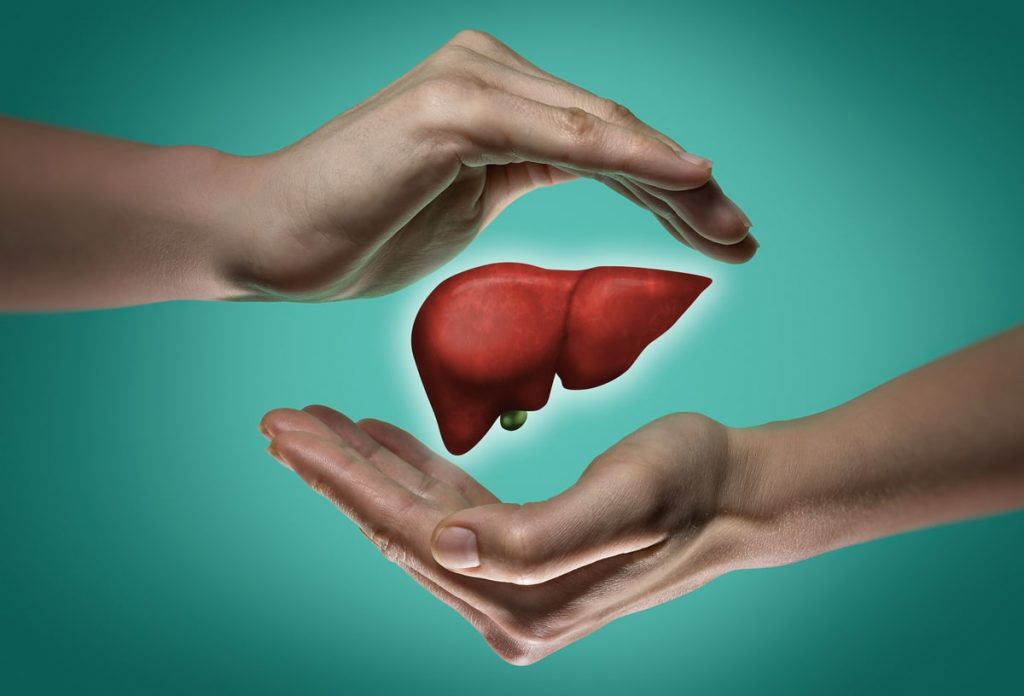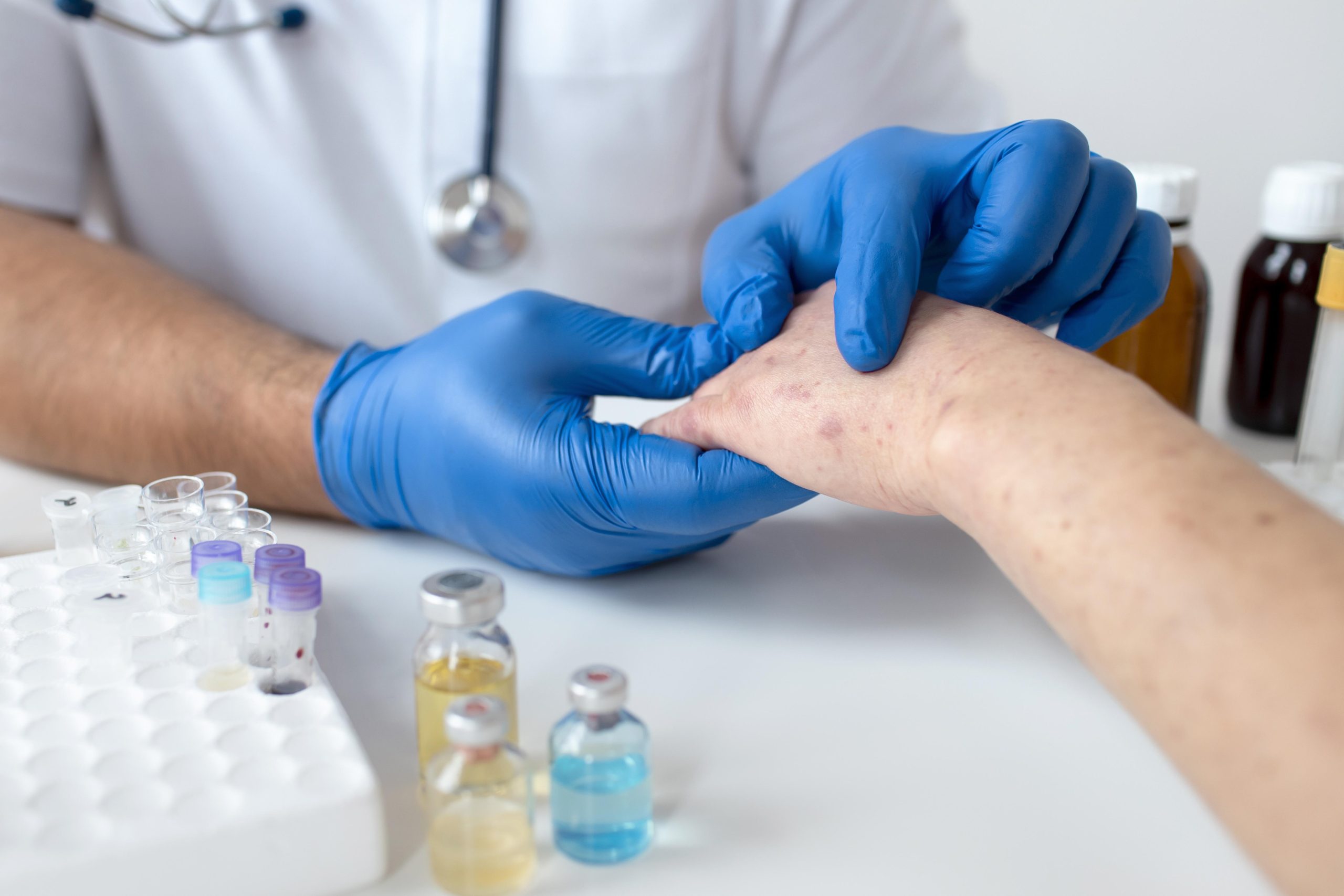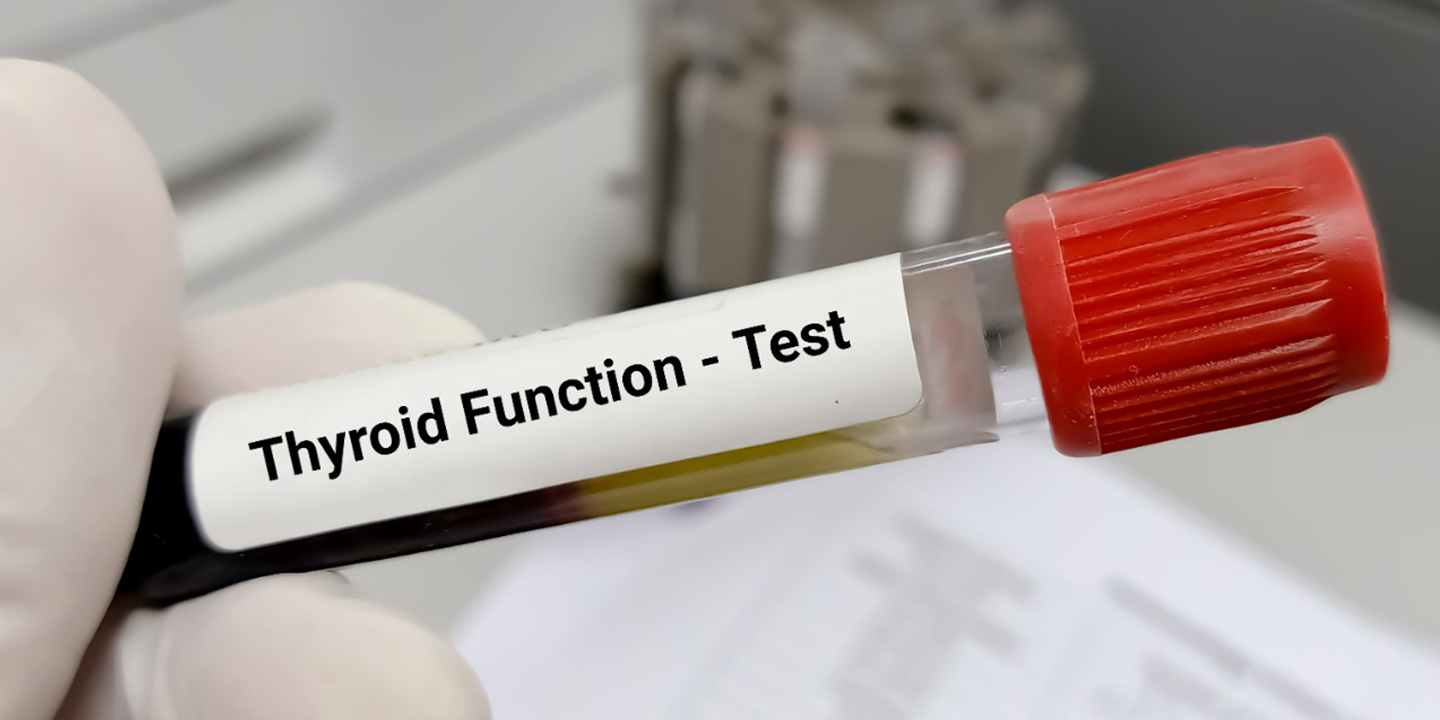
Fatty liver, also known as hepatic steatosis, is a condition characterized by the accumulation of excess fat in the liver cells. It is becoming increasingly common worldwide and can range in severity from mild (grade 1) to severe. In this blog post, we will explore the signs and symptoms of grade 1 fatty liver, and provide insights into managing and potentially reversing this condition.
Signs and Symptoms of Grade 1 Fatty Liver:
Grade 1 fatty liver, also referred to as hepatomegaly with fatty liver grade 1, is the mildest form of fatty liver. In this stage, the liver may appear enlarged, but often there are no noticeable symptoms. However, some individuals may experience the following signs:
Fatigue:
Feeling tired or sluggish without an apparent cause may be an early sign of fatty liver.
Abdominal Discomfort:
Mild pain or discomfort in the upper right side of the abdomen may occur.
Elevated Liver Enzymes:
Routine blood tests may reveal elevated levels of liver enzymes, such as alanine transaminase (ALT) and aspartate transaminase (AST).
Curing Grade 1 Fatty Liver:
While there is no specific medication to cure fatty liver, grade 1 fatty liver can often be managed and even reversed through lifestyle changes. Here are some essential steps to consider:
Healthy Diet: Focus on a balanced diet rich in fruits, vegetables, whole grains, and lean proteins. Avoid or limit high-fat and processed foods, as well as sugary beverages.
Weight Management: Achieve and maintain a healthy body weight through regular exercise and portion control. Gradual weight loss can significantly improve fatty liver.
Regular Physical Activity: Engage in aerobic exercises, such as walking, swimming, or cycling, for at least 30 minutes on most days of the week. Exercise helps burn excess fat and promotes overall liver health.
Limit Alcohol Consumption: Excessive alcohol intake can worsen fatty liver. If you have grade 1 fatty liver, it is crucial to limit or abstain from alcohol altogether.
Avoid Medications and Substances Harmful to the Liver: Certain medications, including some over-the-counter drugs and herbal supplements, can be detrimental to liver health. Consult with your healthcare provider before starting any new medication.
Role of Diagnostic Centers in Managing Fatty Liver:
Diagnostic centers play a vital role in diagnosing and monitoring fatty liver disease. They offer specialized tests, such as liver function tests, ultrasound scans, and sometimes, non-invasive imaging techniques like FibroScan, which can evaluate liver fat content and fibrosis levels. These tests help determine the severity of fatty liver and monitor the progress of the condition.
Additionally, diagnostic centers in Kolkata & Bhopal provide a multidisciplinary approach by working closely with hepatologists, nutritionists, and other healthcare professionals to develop personalized treatment plans. They offer guidance on lifestyle modifications, provide education about the condition, and monitor any potential complications or disease progression.
Remember, early detection and intervention are key to effectively managing fatty liver. If you experience any symptoms or suspect you may have fatty liver, consult with your healthcare provider who can refer you to a diagnostic center for further evaluation and guidance.
Also read: The importance of HbA1c test
Conclusion:
Grade 1 fatty liver is the mildest form of fatty liver disease, and while it may not exhibit noticeable symptoms, it is essential to address it to prevent further liver damage. By adopting a healthy lifestyle, including a balanced diet, regular exercise, weight management, and avoiding harmful substances, you can significantly improve your liver health. Top Pathology lab in Kolkata & Bhopal play a crucial role in the diagnosis, monitoring, and management of fatty liver disease, providing the necessary tools and guidance


